THE FUTURE OF RECRUITMENT: HOW TECHNOLOGY IS SHAPING HIRING TRENDS
The recruitment landscape is undergoing a rapid transformation, driven by technological innovation. From artificial intelligence (AI) to virtual reality (VR), the tools available to recruiters are revolutionising how businesses find and hire talent. In this blog, we’ll explore the technologies reshaping recruitment, their benefits, and what the future holds for hiring in a tech-driven world.
The Role of Technology in Recruitment
Technology is now at the heart of recruitment strategies, allowing companies to streamline processes, enhance candidate experiences, and make data-driven decisions. According to Korn Ferry, the recruitment industry is increasingly leveraging technology not just to fill roles quickly but also to identify candidates who align with long-term company goals and culture.
Key technologies influencing recruitment include:
- AI-Powered Screening: AI algorithms analyse CV’s and applications, matching candidates to roles with unprecedented speed and accuracy. This reduces manual efforts and allows recruiters to focus on strategic tasks. As noted by Ecruit, AI's ability to identify top candidates early in the process is transforming efficiency.
- Predictive Analytics: Predictive analytics tools are enabling recruiters to forecast a candidate's potential success by analysing data from previous hires and performance metrics. This data-driven approach is crucial in reducing turnover and improving hiring outcomes.
- Virtual Recruitment Platforms: Tools like virtual interview platforms and job fairs are becoming standard. These technologies provide global access to talent, breaking down geographical barriers while saving time and resources.
- Gamification and VR Assessments: Emerging technologies like gamification and VR are making the hiring process more engaging and accurate. According to eLearning Industry, VR simulations help assess candidates' skills in real-world scenarios, offering a better evaluation of their abilities.
Benefits of Technology in Recruitment
- Enhanced Efficiency Technology significantly reduces the time-to-hire by automating repetitive tasks such as screening and scheduling interviews. As Ecruit highlights, AI-driven systems enable recruiters to process thousands of CV’s in seconds, eliminating bottlenecks in the hiring process.
- Improved Candidate Experience Technology improves communication and transparency, creating a better overall experience for candidates. AI chatbots, for example, can answer candidates’ queries 24/7, providing immediate support and updates.
- Diversity and Inclusion Tools that anonymise CV’s and remove identifying information such as names and photos are helping companies reduce unconscious bias. As Korn Ferry notes, these technologies foster more inclusive hiring practices by focusing purely on skills and qualifications.
- Data-Driven Decision Making With access to real-time analytics, recruiters can make more informed decisions. Predictive analytics not only help identify high-performing candidates but also refine strategies for future hiring needs.
- Flexibility in Remote Hiring Technology has made it possible for recruiters to hire from a global talent pool. Virtual interviews and onboarding platforms enable businesses to adapt to the hybrid and remote working trends of the modern workforce.
Challenges and Risks
While technology brings many advantages, it also presents some challenges:
- Over-reliance on Automation Excessive dependence on automated systems can lead to missed opportunities with candidates who may excel in ways not captured by algorithms. As Ria Mehra notes on LinkedIn, the human touch remains vital for understanding a candidate’s unique potential.
- Privacy and Data Security The collection and processing of candidate data raise concerns about privacy and compliance with regulations such as GDPR. Companies must invest in secure systems to protect sensitive information.
- Skill Gaps in Adoption Recruiters need to develop the skills required to effectively use these advanced tools. A lack of training can limit the effectiveness of the technology and hinder its adoption.
Future Trends in Recruitment Technology
Looking ahead, the recruitment industry will see continued integration of advanced technologies, shaping the way talent acquisition is conducted. Key trends include:
- AI-Driven PersonaliSation: AI will increasingly tailor job recommendations and recruitment processes to individual candidates, creating a more personalised experience.
- Blockchain for Verification: Blockchain technology will become instrumental in verifying candidates’ credentials, such as education and work experience, ensuring accuracy and reducing fraud.
- Enhanced Remote Hiring Tools: With hybrid work here to stay, tools that facilitate remote collaboration and onboarding will continue to evolve, making it easier for companies to integrate new hires.
- Sustainability in Recruitment: Companies will adopt eco-friendly recruitment practices, including digital paperwork and remote interviews, to align with environmental goals.
- Human-AI Collaboration: The future of recruitment lies in striking the right balance between technology and human judgment. While AI will handle the heavy lifting, human recruiters will focus on building relationships and making nuanced decisions.
Conclusion
Technology is reshaping recruitment in profound ways, offering unprecedented efficiency, accuracy, and insights. However, the human element remains crucial to ensure that technology is used ethically and effectively. As the industry evolves, recruiters must embrace innovation while prioritising fairness, inclusivity, and the candidate experience. By leveraging the power of technology, the future of recruitment promises to be both dynamic and human-centred.
Share Here























